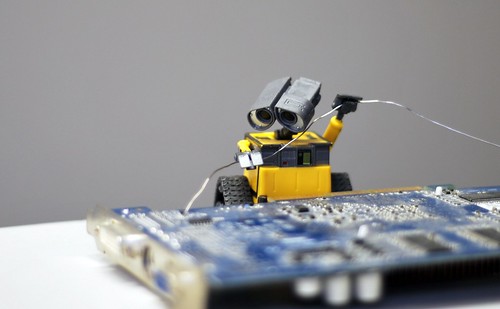This post is part of our research group’s regular effort to share readings.
Before offering an actual reading, I wanted to reflect briefly on how we might coordinate group readings. For our group, this is still a bit premature, since our initial mode is deliberately open and exploratory. But it’s easy to anticipate a day when we might want to push hard for cohesion, both conceptually and operationally in terms of specific bodies of literature to alternately support and oppose. Of course, our constituent researchers already have too much to read — and always have too much to read. So perhaps it would help to classify our suggestions.
Here’s one way to differentiate suggested readings: (a) core articles that define central concepts, as well as histories to differentiate our research from others; (b) branch leads that clarify our distinct research branches within our group; (c) provocation articles that raise new ideas, introduce uncertainty, or push for a change; and (d) FYI, for articles that are worth skimming the title and author, but otherwise are not required just yet. This still leaves open the decision of whether it is most appropriate to send the entire article, a marked-up version, an excerpt, or a summary/reflection — and whether we’re comfortable sharing our priorities on this blog (grin).
I do know several constituencies that might appreciate some kind of classification scheme: newcomers, partners and outsiders. Partners and researchers join the group annually (if not more often), and catching up to a shifting collective knowledge base is notoriously difficult. And of course, it might just help the rest of us too.
[Read more…]


